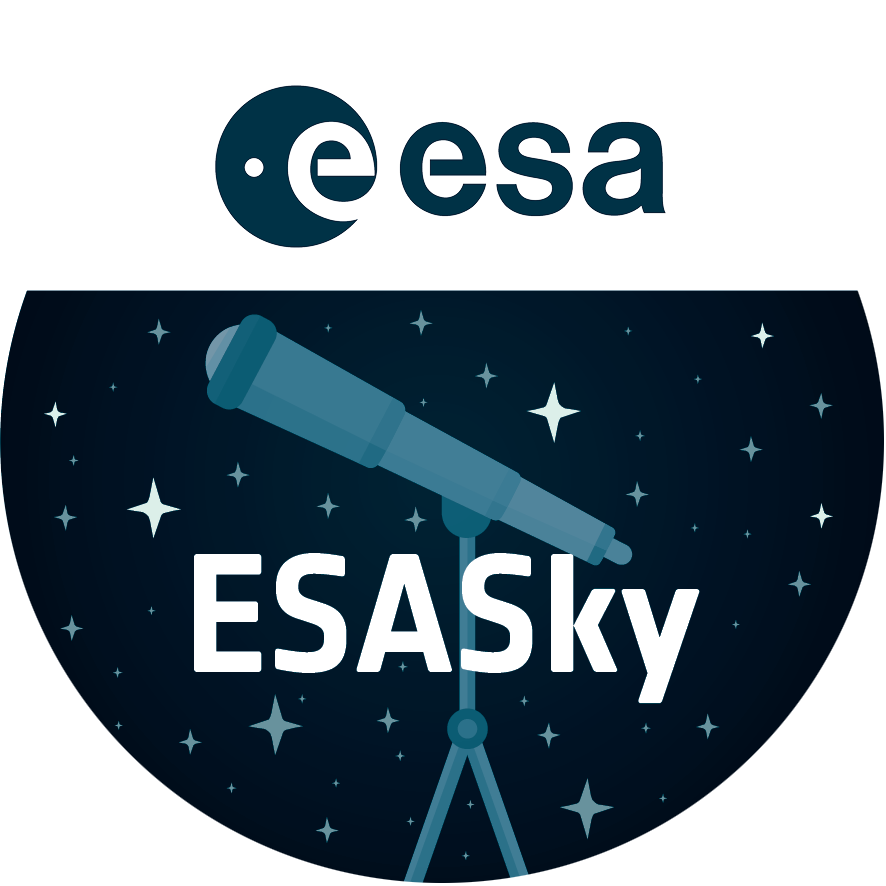A matter of distance
In space, being outshone is an occupational hazard. This NASA/ESA Hubble Space Telescope image captures a galaxy named NGC 7250. Despite being remarkable in its own right — it has bright bursts of star formation and recorded supernova explosions — it blends into the background somewhat thanks to the gloriously bright star hogging the limelight next to it.
This bright object is a single and little-studied star named TYC 3203-450-1, located in the constellation of Lacerta (The Lizard), much closer than the much more distant galaxy. Only this way a normal star can outshine an entire galaxy, consisting of billions of stars. Astronomers studying distant objects call these stars “foreground stars” and they are often not very happy about them, as their bright light is contaminating the faint light from the more distant and interesting objects they actually want to study.
In this case TYC 3203-450-1 is around 7500 times closer to us than NGC 7250, which lies over 35 million light-years away. Were the star at the same distance as NGC 7250, it would hardly be visible in this image.
Editor's note (July 2024): The distance to TYC 3203-450-1 was corrected.
Credit:ESA/Hubble & NASA
About the Image
| Id: | potw1717a |
|---|---|
| Type: | Observation |
| Release date: | 24 April 2017, 06:00 |
| Size: | 4104 x 4104 px |
About the Object
| Name: | NGC 7250, TYC 3203-450-1 |
|---|---|
| Type: | Local Universe : Star Local Universe : Galaxy |
| Constellation: | Lacerta |
| Category: | Galaxies Stars |
Image Formats
Wallpapers
Coordinates
| Position (RA): | 22 18 18.99 |
|---|---|
| Position (Dec): | 40° 33' 9.73" |
| Field of view: | 2.71 x 2.71 arcminutes |
| Orientation: | North is 75.0° right of vertical |
Colours & filters
| Band | Wavelength | Telescope |
|---|---|---|
| Optical Very Broad | 350 nm |
Hubble Space Telescope
WFC3 |
| Optical V | 555 nm |
Hubble Space Telescope
WFC3 |
| Infrared H | 1.545 μm |
Hubble Space Telescope
WFC3 |
| Optical I | 814 nm |
Hubble Space Telescope
WFC3 |


